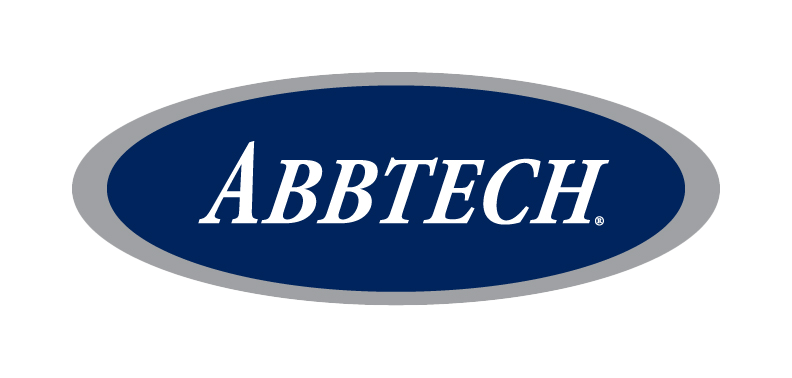Being a great coworker isn’t just about doing your job well — it’s about making everyone around you better. As workplace dynamics shift and hybrid work becomes the norm, the art of being an exceptional teammate has evolved. Let’s explore how you can become that person everyone wants on their team in 2025. Master the… Continue reading How to Become the Best Coworker Possible in 2025
Tag: Job Search Guidance
Stuck in a Job Rut? Three Questions to Help Get Yourself Un-Stuck
Feeling stuck in your career is a common experience many of us face at some point. You may feel unfulfilled, lack motivation, and struggle to see a way forward. But there is hope! By asking yourself a few vital questions, you can gain clarity and start taking steps towards a more satisfying career path. Reflecting… Continue reading Stuck in a Job Rut? Three Questions to Help Get Yourself Un-Stuck
How Can Technical Professionals Improve Their Job Security?
Staying relevant, upskilling, and positioning yourself as an indispensable asset are critical to advancing your career.
Mechanical Engineering Careers: How to Stand Out Against Your Peers
This article will explore the key strategies and skills that can set you apart, from mastering cutting-edge technologies to honing your soft skills and highlighting relevant hobbies.
What is a “Perfect Job?” Does It Actually Exist?
The perfect job is a deeply personal concept. While it’s unlikely to find a job that checks every box and makes every day feel like a dream, there are roles out there that align with our values, play to our strengths, and bring us a sense of purpose and fulfillment.
Passively Job Searching? Three Tips for Staying Prepared at All Times
Passively Job Searching is a state of professional openness in which you remain receptive to intriguing openings without dedicating hours each week to applying.
What is a Government Public Trust Security Investigation?
A government public trust security investigation is a vital tool agencies use to ensure that only the most trustworthy and reliable individuals are entrusted with these responsibilities. By rigorously examining an applicant’s background and assessing their character, integrity, and suitability for a role involving public trust, these investigations help protect against the infiltration of untrustworthy individuals who could exploit their access for malicious purposes.
Career Spotlight: Software Engineers
Have you ever wondered what it takes to succeed as a software engineer? From coding languages to career growth, we’re spotlighting this in-demand profession. Keep reading if you’re ready to turn your tech talents into a rewarding career. What is a Software Engineer? Software engineers design, develop, and test the software programs that power our… Continue reading Career Spotlight: Software Engineers
Do “Career Matchmakers” Exist?
Many have found themselves wondering: wouldn’t it be amazing if there was a sort of “dating app” for careers? A matchmaker that could effortlessly pair you with the job of your dreams, much like finding a perfect partner. Well, hold onto your resumes, because the concept of a career matchmaker is not only intriguing but also increasingly becoming a reality. Let’s dive into the world of career matchmaking, and see how you can swipe right on your ideal job!
What is a Cyber Architect?
A cyber architect, as the name suggests, is a professional who designs and builds the cybersecurity infrastructure of an organization. Just as an architect in the physical world designs buildings to withstand various threats, a cyber architect designs an organization’s digital infrastructure to safeguard against cyber threats. They are the masterminds behind the digital walls that protect an organization’s data from cyber-attacks, data breaches, and malware.
3 Steps to Add to Your Post-Interview Routine
Not taking the right steps after a job interview? Here are three vital steps you should consider adding to your post-interview routine.
Negotiating Strategies to Consider Before Accepting Any Job Offer
In this blog, we’ll discuss the importance of salary negotiation and review strategies you should consider before accepting any job offer.
Recent Graduate? Here are 3 Tips For A Successful Job Search
Are You a Recent Graduate? Here are 3 Tips for Kicking Off a Successful Job Search
Books to Encourage and Inspire Job Seekers
You want your job search to be a success. However, you consistently encounter problems as you seek out your dream job. Below are books to encourage and inspire job seekers. The job market is tough to navigate, even if you have plenty of industry experience. Thus, adversity is common for today’s job seekers. When faced… Continue reading Books to Encourage and Inspire Job Seekers














